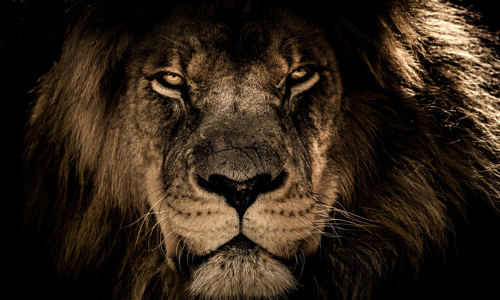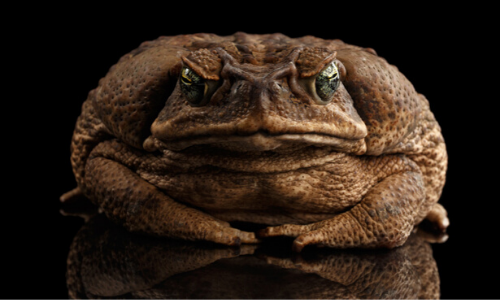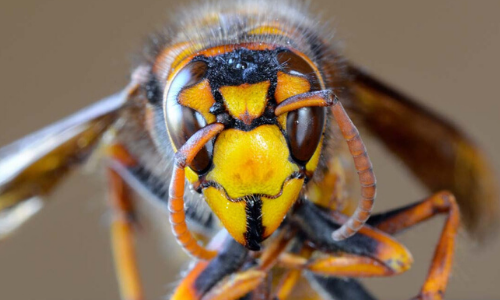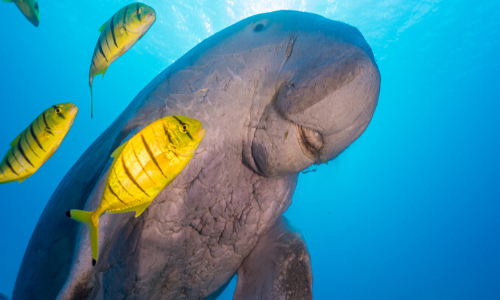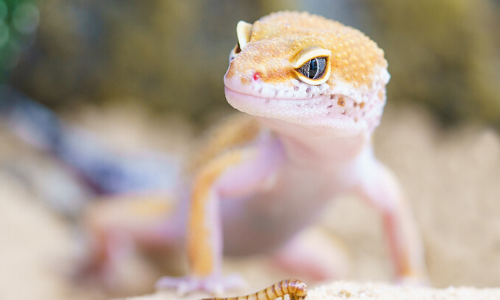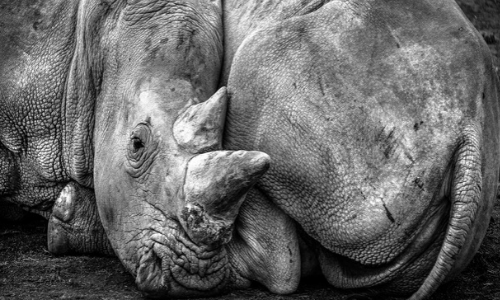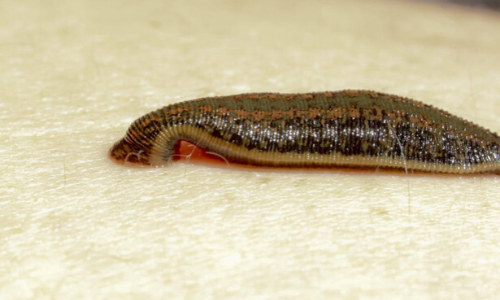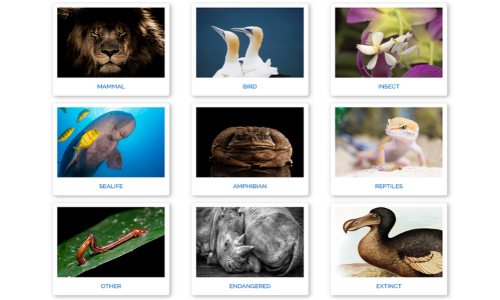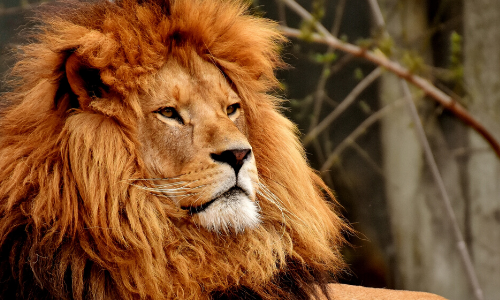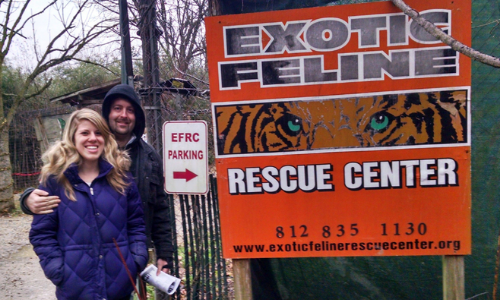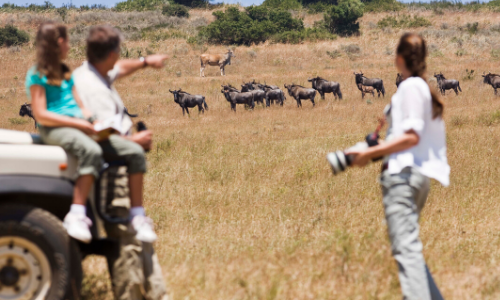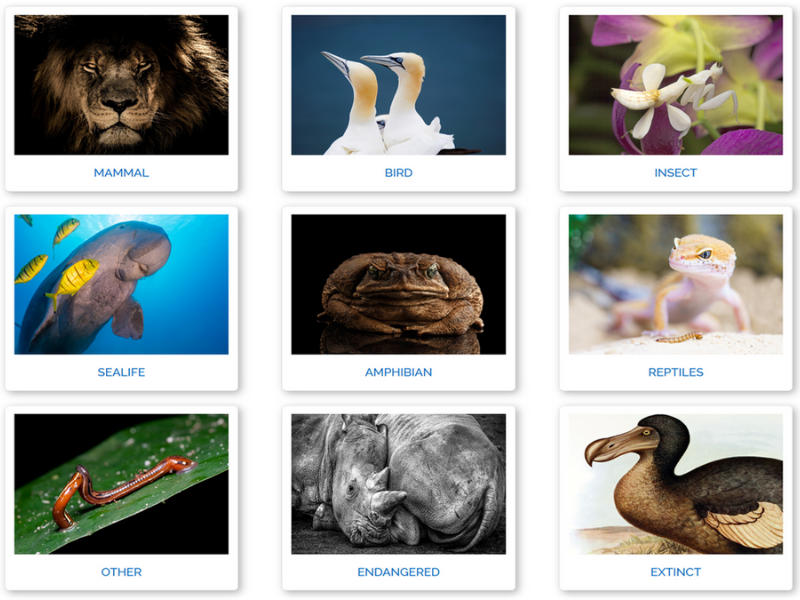

Scientific Classification
KINGDOM: Animalia
PHYLUM: Chordata
CLASS: Mammalia
ORDER: Primates
FAMILY: Atelidae
GENUS: Lagothrix
Conservation Status
Gray Woolly Monkey

Columbian Woolly Monkey


The woolly monkey species all look relatively similar with darker fur and pink palms. They also have long arms, a round head, large shoulders, and a prehensile tail that allows them to move easily through the trees. Woolly monkeys are labeled as arboreal as they spend almost their entire lives in the trees. If for some reason they come to the ground, they move using only their legs while their arms and tail help with balance.




Woolly monkeys live in large groups of 10-45 individuals called a troop. Each troop is governed by an alpha male with the rest of the group organized by age, sex, and reproductive status. Play time is important to woolly monkeys. Even though it can get a little rough, it serves as a bonding process as well as establishing the hierarchy within the troop.

